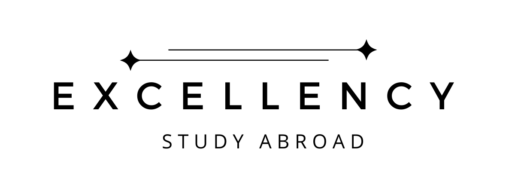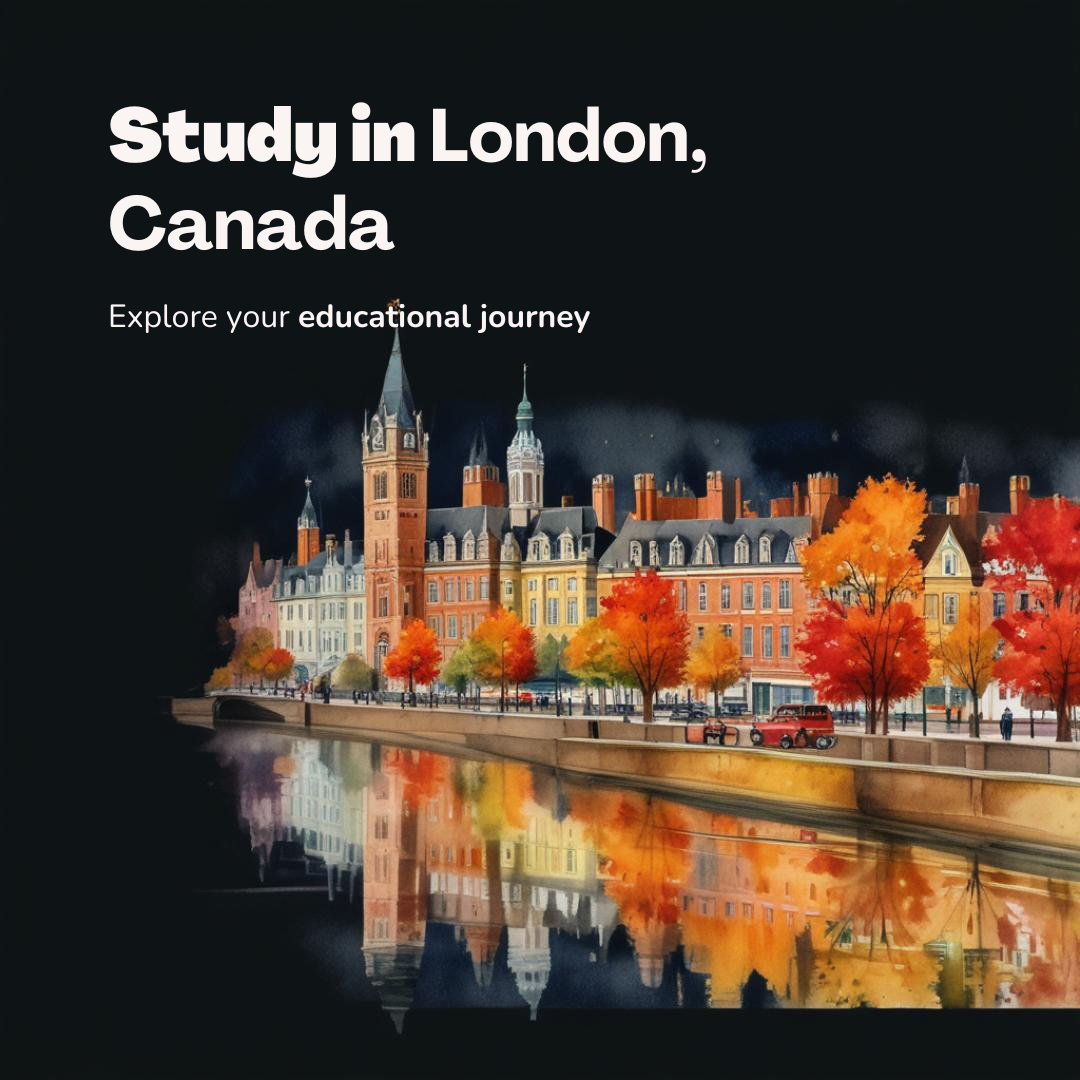London, Ontario, is one of Canada’s most student-friendly cities, offering a mix of world-class education, affordable living, and excellent career opportunities. Home to some of the best colleges in London, Ontario, the city attracts thousands of domestic and international students each year. Whether you're looking for diploma programs, technical education, or pathways to university, colleges in London, Canada provide diverse academic opportunities.
In this guide, we explore the best colleges in London, Ontario, their programs, tuition fees, admission requirements, and student life in the city.
Why Study in London, Ontario?
London, Ontario, offers several advantages for students looking to pursue higher education:
- Quality Education – Home to reputed colleges with strong academic programs.
- Affordable Living Costs – Compared to larger cities like Toronto, London offers lower rental and transportation costs.
- Employment Opportunities – A growing job market in healthcare, technology, and business.
- Student-Friendly Atmosphere – A vibrant student community with numerous activities and events.
List of Colleges in London, Canada
If you're searching for colleges in London, Ontario, here are some of the top institutions that provide high-quality education and career-oriented training programs.
1. Fanshawe College
- Location: London, Ontario
- Programs: Business, Health Sciences, Engineering, Culinary Arts, Information Technology, Media
- Tuition Fees: CAD 15,000 - CAD 20,000 per year
- Why Choose Fanshawe College?
- One of the largest colleges in Ontario with over 200 programs.
- Offers co-op programs for practical experience.
- Strong partnerships with industries for job placements.
- Modern facilities, including research labs, digital media centers, and student residences.
2. Westervelt College
- Location: London, Ontario
- Programs: Healthcare, Business, IT, Law, Supply Chain Management
- Tuition Fees: CAD 10,000 - CAD 18,000 per year
- Why Choose Westervelt College?
- Private career college with fast-track diploma programs.
- Small class sizes for personalized learning.
- Career-focused training with internship opportunities.
- Flexible schedules, including evening and weekend classes.
3. Medix College
- Location: London, Ontario
- Programs: Healthcare, Medical Office Administration, Massage Therapy, Personal Support Worker (PSW)
- Tuition Fees: CAD 12,000 - CAD 18,000 per year
- Why Choose Medix College?
- Specializes in healthcare programs with hands-on training.
- Industry connections for job placements.
- Short-term courses that help students enter the workforce quickly.
4. Anderson College of Health, Business & Technology
- Location: London, Ontario
- Programs: Business, Healthcare, Legal Studies, Supply Chain Management
- Tuition Fees: CAD 10,000 - CAD 15,000 per year
- Why Choose Anderson College?
- Focused on career training for in-demand industries.
- Work placement assistance for graduates.
- Offers accelerated diploma programs.
5. Trios College
- Location: London, Ontario
- Programs: Business, Technology, Healthcare, Supply Chain & Logistics
- Tuition Fees: CAD 10,000 - CAD 20,000 per year
- Why Choose Trios College?
- Career-focused programs with co-op placements.
- Flexible schedules for working professionals.
- High employability rate among graduates.
Admission Requirements for Colleges in London, Ontario
The admission requirements for colleges in London, Canada vary by institution and program. However, the general requirements include:
For Domestic Students:
- High school diploma (Ontario Secondary School Diploma - OSSD)
- Specific course prerequisites depending on the program (e.g., Math, Science, English)
- Application through the Ontario Colleges Portal (www.ontariocolleges.ca)
For International Students:
- High school transcripts (translated if necessary)
- English proficiency test scores (IELTS – 6.0 or higher, TOEFL – 80+)
- Valid study permit (Student Visa)
- Some programs may require additional entrance exams or interviews
Cost of Studying in London, Ontario
The cost of studying in London varies based on tuition fees, accommodation, and living expenses. Below is a rough estimate:
- Tuition Fees: CAD 10,000 - CAD 20,000 per year
- Housing: CAD 500 - CAD 1,200 per month (rent varies based on shared housing or residence halls)
- Food & Transportation: CAD 300 - CAD 600 per month
- Health Insurance: CAD 500 - CAD 1,000 per year
- Miscellaneous Expenses: CAD 1,000 - CAD 2,000 per year
Ways to Reduce Costs:
- Apply for scholarships and financial aid.
- Consider part-time work (international students can work up to 20 hours per week during semesters).
- Use public transportation instead of personal vehicles.
- Opt for shared accommodations to reduce rental costs.
Student Life in London, Ontario
London is known for its vibrant student life, offering numerous activities and facilities, including:
1. Affordable Housing Options
- College dormitories (on-campus residences)
- Shared apartments with other students
- Homestay programs with local families
2. Transportation in London, Ontario
- The London Transit Commission (LTC) provides affordable bus services.
- Students can purchase discounted transit passes.
- Biking and walking are common in student neighborhoods.
3. Recreational Activities
- Victoria Park: A popular spot for relaxation and community events.
- Storybook Gardens: Fun weekend getaway for students who enjoy nature.
- Covent Garden Market: Great for fresh produce, cafes, and shopping.
- Budweiser Gardens: A venue for concerts and sports events.
4. Job Opportunities for Students
- Retail and service industry jobs in malls and restaurants.
- On-campus jobs such as library assistants or research assistants.
- Internships and co-op placements through college career services.
Scholarships for International Students in London, Ontario
Many colleges in London, Canada, offer scholarships for international students to help offset tuition costs. Some common scholarships include:
- Fanshawe College International Student Scholarships
- Ontario Graduate Scholarship (OGS) (for graduate students)
- Canadian Government Scholarships for International Students
- Private and external funding options from industry partners
Conclusion
London, Ontario, is a fantastic destination for students looking for quality education at affordable costs. With several colleges in London, Canada, offering diverse programs and career pathways, students have plenty of options to choose from. Whether you’re looking for a diploma, a certificate program, or a career-focused degree, London’s colleges provide excellent academic and professional growth opportunities.
If you're planning to study in London, Ontario, start your research early, explore scholarship options, and prepare your application to secure a spot at one of the top colleges in the city.
For further guidance, visit college websites, contact admissions offices, or consult with educational advisors to find the best college in London, Ontario for your academic and career goals!





